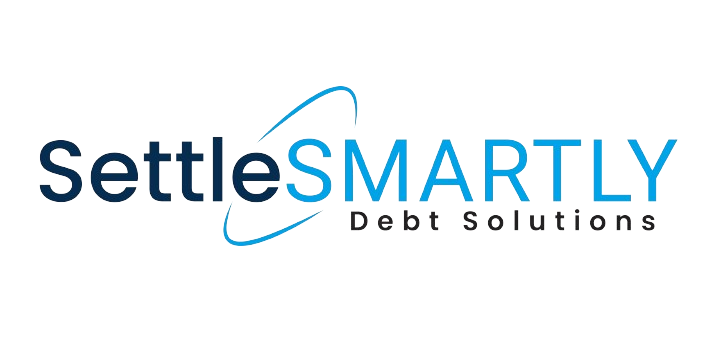Debt Payment Options: Bankruptcy
Bankruptcy is definitely a viable option for certain individuals who have experienced an extreme hardship. However, financial experts almost always suggest first trying an alternative to bankruptcy. Bankruptcy may seem like an easy way out, but there are consequences that may not make it worth it.
Debt Payment Options: Bankruptcy
Chapter 7
– or “liquidation” or “straight bankruptcy” involves the liquidation of most of the debtors unsecured debt. A trustee appointed by the court gathers and sells your nonexempt property. The proceeds from the sale pay your creditors. You’re able to keep any “exempt” property.
Chapter 13
– or “personal reorganization bankruptcy” Involves a court appointed trustee to organize a repayment plan that sets forth with specificity the manner in which debtors will settle their debts or pay off in full over three to five years.
Both Chapter 7 and Chapter 13 bankruptcy represent a severe negative impact on your credit for 7-10 years. Even filing bankruptcy for credit card debt can be costly as a typical filing can cost up to $2,500. Filing for bankruptcy for debt could affect your employment status or ability to get hired.
- May have a negative impact on your employment status or future employment.
- In a Chapter 13 filing, you may end up paying 75 – 100% of your debt back.
- Chapter 7 is much more difficult to qualify for under the new bankruptcy laws.
- May result in higher interest rates on future loans.
- Carries a negative stigma, mental stress, and other burdens.
- Bankruptcy is a “last resort”.
- Chapter 13 completion rates average only 32%.
